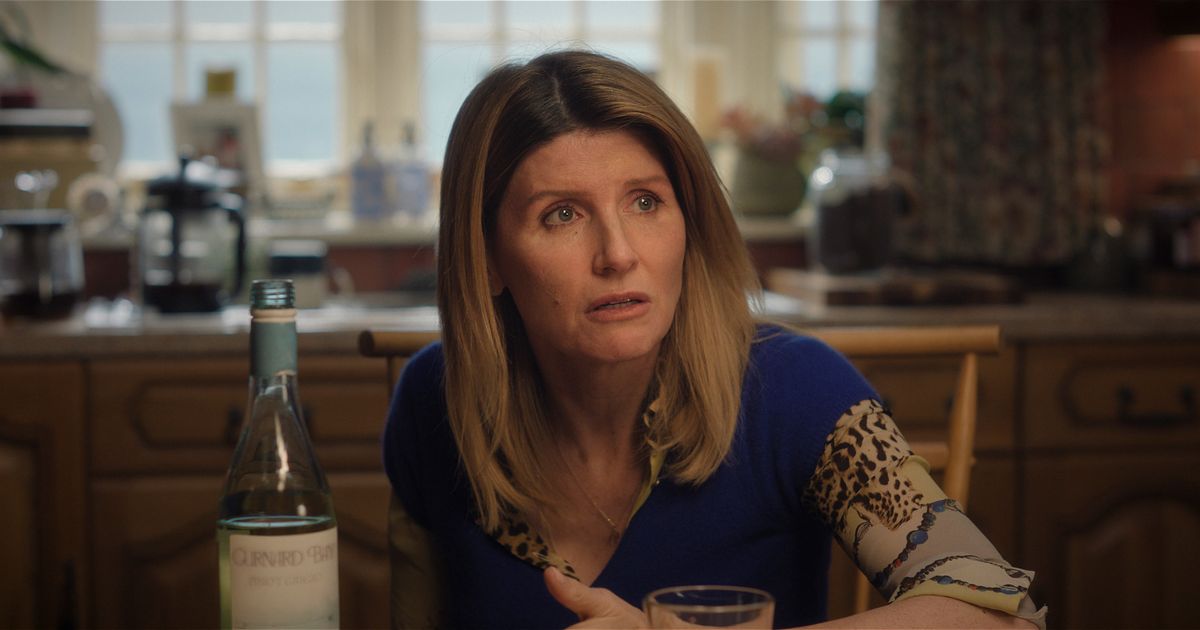Children should learn about science by eating ice lollies and planting vegetables, experts have told ministers.
Four major science bodies are lobbying the Government to make fun real-world experiences part of the curriculum.
Other suggestions for pupils aged three to 11 include playing with shadows, digging in soil, kneading bread dough, recycling and playing musical instruments.
They hope to influence Labour’s new curriculum review, led by Professor Becky Francis, which will report next year.
The Royal Society of Chemistry, Institute of Physics, Royal Society of Biology and Association for Science Education say children need to be able to relate concepts to real life.
Children should learn about science by eating ice lollies and planting vegetables, experts have told ministers
Other suggestions for pupils aged three to 11 include playing with shadows, digging in soil, kneading bread dough, recycling and playing musical instruments (stock image)
The Royal Society of Chemistry, Institute of Physics, Royal Society of Biology and Association for Science Education say children need to be able to relate concepts to real life (stock image)
Those without a garden or the opportunities to engage in a wide range of activities are ‘undeniably at a disadvantage’, they said.
Aylin Ozkan, policy specialist at the Royal Society of Chemistry, said: ‘One of the recommendations for chemistry is that by the age of 11, all children should start to understand how temperature works and how heating and cooling can change things.
‘What better prop is there for a teacher to help explain this than an ice lolly?’
Charles Tracy, senior adviser at the Institute of Physics, said: ‘Many children enjoy making noise – but harnessing this in the classroom can help teach the basics of concepts such as pitch and volume.’
Lauren McLeod, head of education policy at the Royal Society of Biology, said: ‘By celebrating green spaces, growing vegetables in the classroom, and visiting the local garden centre children can experience the life-cycles of living things and be involved in making healthy and sustainable choices.
‘Not all children have access to a garden or school fields.’
The organisations produced a report which said reviewing the curriculum was an ‘equity issue’ and providing experiences in the classroom would help children ‘draw evidence for their ideas’.
The recommendations from the curriculum review will be implemented as early as September 2025.
Yesterday, teaching unions said primary schools already use real-world experiences effectively and said the main issue was ensuring enough space in the timetable for science alongside other subjects.
For the latest headlines, follow our Google News channel
Source link






:max_bytes(150000):strip_icc():focal(749x0:751x2)/anne-marie-duff-sharon-horgan-owen-mcdonnell-bad-sisters-121124-a1a210faba2249b5bd00b707b9a9be79.jpg)


